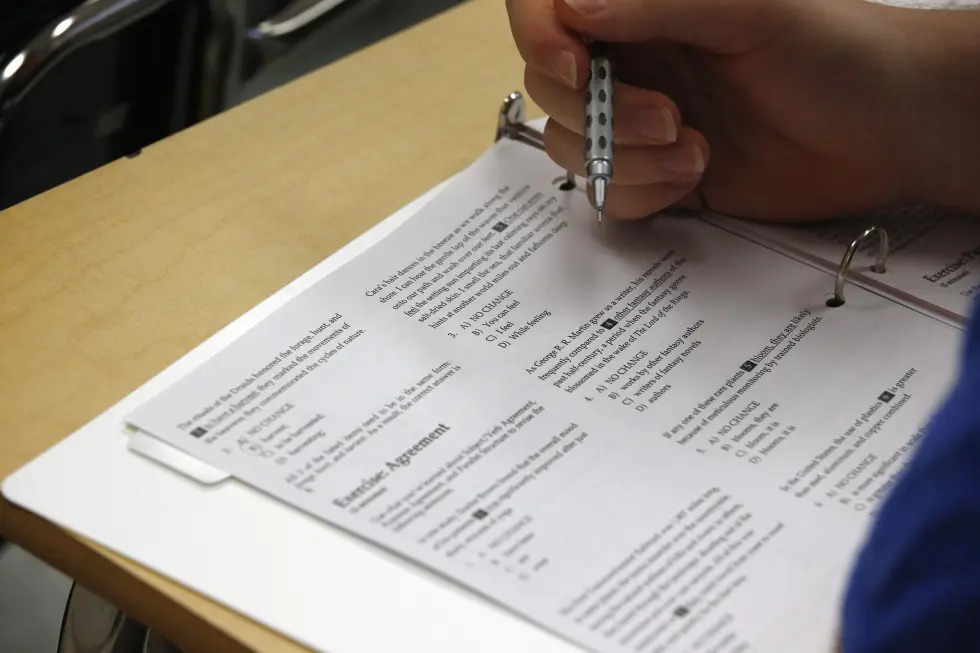Most students remember playing with stickers in elementary school, but for some people on campus, stickers have taken on a completely different meaning.
Since 2001, the University has been the home of Safe Space, an educational program to train “hosts” that can provide a safe harbor for gay, lesbian, bisexual, transgender, questioning and non-identifying students.
“Unfortunately, we live in a world that is not as open-minded as it should be,” said Patrick Hollis, the Safe Space coordinator and graduate assistant for the Office of Multicultural Affairs. “The program is very good in terms of visibility. For an LGBTQN student, it gives them a good feeling to see an attitude of warmth and friendliness on campus.”
According to the Safe Space Web site, the goal of the Safe Space Campaign is to identify and educate individuals who will affirm and support all persons, regardless of sexual orientation and gender identity.
The Safe Space logo, a purple triangle, symbolizes the acceptance expressed by supporters of the equal treatment of LGBTQN students.
“Every student has the right to feel safe in their environment,” said Dennis Willson, an English senior and Safe Space Spectrum Alliance liaison. “This campus is not as safe as it could be. We simply provide a place for students to be themselves.”
Safe Space hosts are required to go through a three-hour training session, which allows them to learn about subjects such as homophobia. The training allows them to discuss practice scenarios. The trained host, usually a faculty or staff member, signs a pledge and is given a sticker to place on their office door to identify the room as a “safe space.”
“A safe space is a room with a door that a student can go to in order to receive counseling about LGBTQN issues, or even just to talk to someone they know cares,” Hollis said.
The Safe Space program originally started as a part of the Spectrum Alliance’s programming.
When the program grew and became too large for the Spectrum Alliance to handle alone, the organization lobbied the University for a full-time director for the Safe Space program.
Although the proposal for the full-time director was denied, the administration did allow for a part-time graduate assistant through the Office of Multicultural Affairs.
The Safe Space Campaign is for all students, LGBTQN or heterosexual.
“The program can be used as a resource for any student who wants to be enlightened on LGBTQN issues,” Willson said.
The organizers of Safe Space will be sponsoring a table sit next week in Free Speech Alley to sign students up as Safe Space allies, an abridged version of the “host.”
For more information or a complete list of hosts, e-mail [email protected] or visit the Safe Space Web site at www.lsu.edu/safespace.
This is a safe space
November 20, 2002



